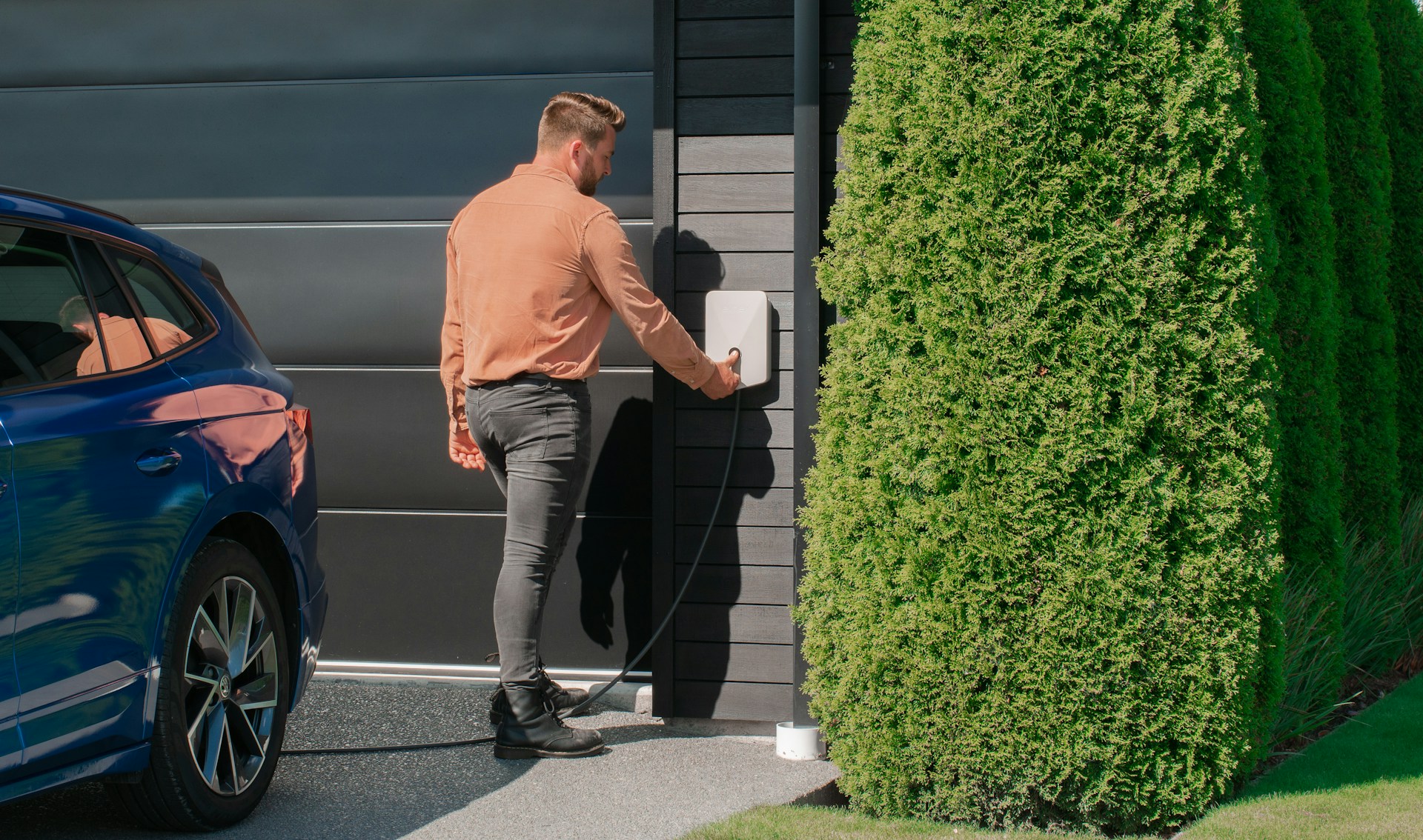Having a reliable EV charger at home is a must for electric vehicle owners in Melbourne. As more people switch to electric cars to embrace cleaner and more sustainable energy, the convenience and efficiency of at-home charging become increasingly important. Imagine coming home after a long day, eager to plug in your car and relax, only to find the charger isn’t cooperating. Those moments highlight why it’s important to ensure your EV charger is always in top condition.
But what happens when things go wrong? Unfortunately, EV owners can sometimes face connection problems that make charging less than smooth. It could be due to intermittent connectivity, sluggish charging speeds, or compatibility hiccups with different car models. These issues not only disrupt the perfect routine but also add unnecessary worry about whether your car will be ready for the next journey. Let’s dive into some common connection issues that might crop up and how you can address them without breaking a sweat.
Common Connection Issues with Home EV Chargers
Even with a top-notch setup, EV chargers at home can run into a variety of connection issues. Here are a few typical problems you might encounter:
– Intermittent Connectivity Problems: Sometimes, the connection between the charger and the vehicle can be unreliable, causing a frustrating start-stop charging cycle. This might happen due to physical obstructions, wear and tear, or even minor software glitches.
– Slow Charging Issues: It’s annoying when your car feels like it’s charging at a snail’s pace. Slow charging might arise from poor power supply, outdated charger firmware, or degraded cables that aren’t conducting electricity efficiently.
– Compatibility Issues: Different EV models have varying requirements, and not every home charger is compatible with all cars. If you’re using a charger that doesn’t match your EV’s specifications, you might run into odd issues or even not be able to charge at all.
Understanding these common hiccups can help you recognize when there’s something wrong with your charging setup. Whether it’s due to fluctuating connectivity or slow charging speeds, each problem has its own set of causes and solutions. By identifying the root of the problem, you can ensure your EV remains ready for the road, keeping your routines smooth and stress-free.
Troubleshooting Basic Connection Problems
Before any major worries set in, consider tackling some basic troubleshooting steps. Often, these are enough to identify and resolve minor issues without breaking the sweat.
– Check The Power Supply: Make sure your charger is properly plugged in and receiving power. A quick reset of the breaker or checking connections for anything loose might solve the problem in a few moments.
– Inspect Connections and Cables: Wear and tear can take its toll on cables and plugs. Look for visible damage or wear that might be affecting connectivity. Sometimes, simply replacing a damaged cable does the trick.
– Apply Software Updates: Just like your smartphone, EV chargers might need software or firmware updates to function correctly. Keep an eye out for updates from the manufacturer to ensure your charger is the most efficient and compatible.
– Reset Settings: Try restarting the connection by resetting your EV charger and the vehicle’s settings. Often, these devices can become confused and need a simple reset to get back on track.
While these steps can solve many common annoyances, remember that some issues might need a more experienced eye if they persist.
When to Seek Professional Help
Sometimes, despite all your efforts, the charger might still be acting up. Here is when you should think about calling in the experts:
– Persistent Problems: If basic troubleshooting doesn’t bring any respite, it might be a signal that something more serious is at play. Professionals can diagnose the issue that might be lurking beneath the surface.
– Physical Damage: Chargers and ports that show signs of damage should never be overlooked. Ignoring these could pose safety risks, so it’s always wise to let trained technicians handle repairs.
– Overall Safety: The right professionals bring peace of mind, ensuring everything is working safely and efficiently. It’s like having a good helm’s person guiding your boat smoothly across rocky waters.
Addressing complex issues might feel daunting, but a professional service ensures your setup is both safe and efficient.
Tips to Maintain Your EV Charger
Routine care and maintenance can prevent many issues from cropping up in the first place. Here are some easy tips to keep your charger running smoothly:
– Regular Inspections: Make it a habit to routinely check your EV charger for signs of wear or damage. This can catch potential problems before they become serious.
– Cleanliness: Keeping the charger clean and free from dust and debris can prevent many issues related to connectivity and efficiency. A simple dust-off now and then works wonders.
– Annual Professional Maintenance: Scheduling a yearly check-up with experts ensures your charger stays in tip-top shape and runs efficiently throughout the year.
Carrying out these basic steps aids in preventing potential issues, ensuring your EV charging remains worry-free for the future.
Keeping Your EV Charging Smooth
The reliability of your EV charging setup directly affects its convenience and ease of use. Proper maintenance and timely troubleshooting secure the comfort of knowing your EV is always ready for the road. By combining regular checks and professional help when needed, you can keep everything running smoothly. Effective maintenance ensures you enjoy seamless and consistent charging at home, which ultimately makes your world a little less complicated and your drives more pleasant.
For those eager to maintain a smooth and efficient charging experience at home, consider exploring EV home charger installation with Western Elec. Our professional services ensure your setup stays reliable and trouble-free. Discover how we can make EV charging a breeze. Your car, and peace of mind, will thank you.


